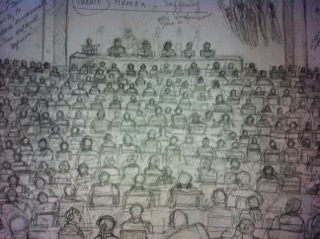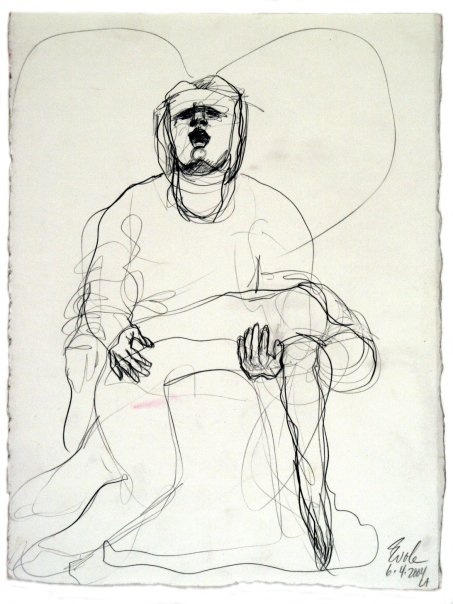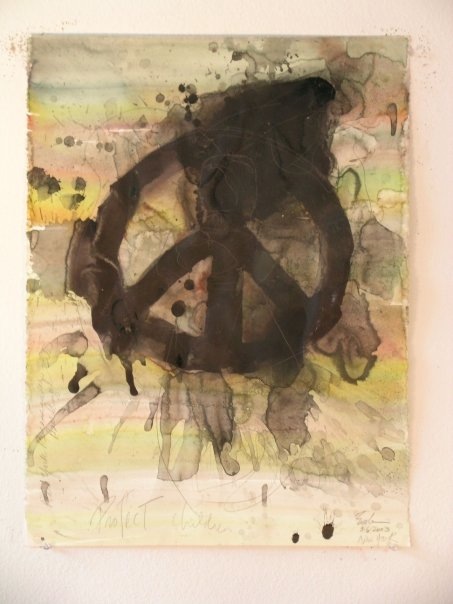"Progress is a Direction, not a Speed." ~ Retired Major General D. Allen Youngman
The two basic points of purpose of The Arms Trade Treaty are to reduce human suffering and to reduce illicit weapons to the criminal arms trade.
Legal manufacturing export countries concerns are that, if they are constricted too far, they will not be able to sell to countries who cannot purchase to defend themselves.
Concerns include that if the ATT approves strict controls of military supplies: tanks, trucks, planes, etc. it would be a re-imposition of a type of colonial rule. Countries wouldn't be able to purchase weapons that they need to defend themselves from anyone globally. So, exporting countries would have the control of who they supply and who they will not.

Underdeveloped countries who are denied weapons for defense will have no way to purchase and no where to appeal.
Like the Prohibition of liquor in U.S. history, this very step would inadvertently but directly strengthen the very system that it is attempting to weaken -- the criminal black market.
How can measures be taken and at the same time deter cartel manufacturing that sells on the black, criminal market?
Import countries once denied access to weapons will not be able to legally access them for defense.

Can this treaty make control of illicit arms hold while allowing countries to purchase the weapons that they need to acquire to defend itself?
The core of the ATT is to reduce human suffering. Weapons used for aggression or defense both cause human suffering.
Research indicates that the human condition can be divided into the following percentages:
3% criminal
12% fluctuate depending on influence
85% decent
Human Action:
Five categories with opposite subcategories:
War
(Armed Hostility of groups (100 people))
Aggression or Defense
Conflict
(Collision - Prolonged Struggle)
Fighting or Negotiating
Peace
(Harmony)
Oppression or Ignite a culture of well being
Building
(Construction/Expansion)
Occupy or Economic and Constructive Development
Creativity - the Arts/Sciences
(Quadrivium & Trivium)
Destroy Life or Revitalize Life
There are three general categories of countries (same as neighborhoods).
1. Underdeveloped
2. Developed/Civilized
3. Superpowers
----
Underdeveloped neighborhoods or nations are areas where economic stability is not enough to sustain the populace. Consistently there is human discord.
Middle class and middle nations share a civilized management of needs. Weapons calm down, when people's basic needs are met.
Wealthy neighborhoods and nations look primarily at defense.
----
The ATT : Shall or May
Each State Party shall (or may?) take measures to ensure all authorizations for the export of
conventional arms under the scope of this Treaty are detailed and issued prior to the
export.
Each State party shall (or may?) make available, upon request, appropriate and relevant
details of the authorization to the importing, transit and transhipment , upon
request prior to transfer.
This clause weighs particularly heavy on the exporting nations of weapons and therefore they are seeking a less binding word. And, also weighs heavily on importing countries that don't want weapons imported into their countries that they do not want.

Another angle that has had a great deal said about it is the battle between transparency and national defense. Many countries (North Korea, Syria, Egypt, Iran, Venezuela, Cuba, Malaysia, Indonesia, China) have discussed the importance of state sovereignty and the necessity of including it in the treaty. They do not want the ATT to limit their capacity to procure armaments for their national defense. These countries are concerned that mandatory and universal reporting would jeopardize their national security.
They are counter-argued by a number of importing nations, Mexico, Norway, Sweden, Trinidad and Tobago (CARICOM), Netherlands, Liberia who want to have weapons information reported so that it can be monitored more closely to reduce criminal activity.
Countries are concerned, that if they cannot import or manufacture weapons, and there is complete transparency, they sit vulnerable to predators.
Back door negations fuel front room presentations.
The world is engaged. Can we as a group move the world closer to a better world at peace? It is obvious that the hope is in the balance of protection and peace.
There is one more week.